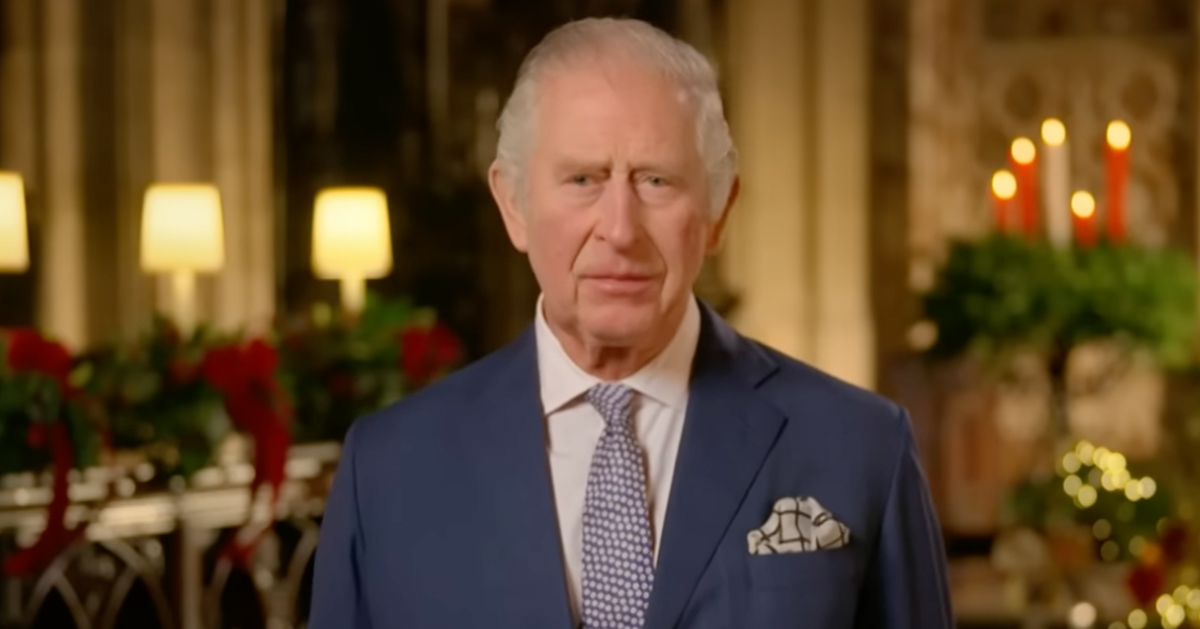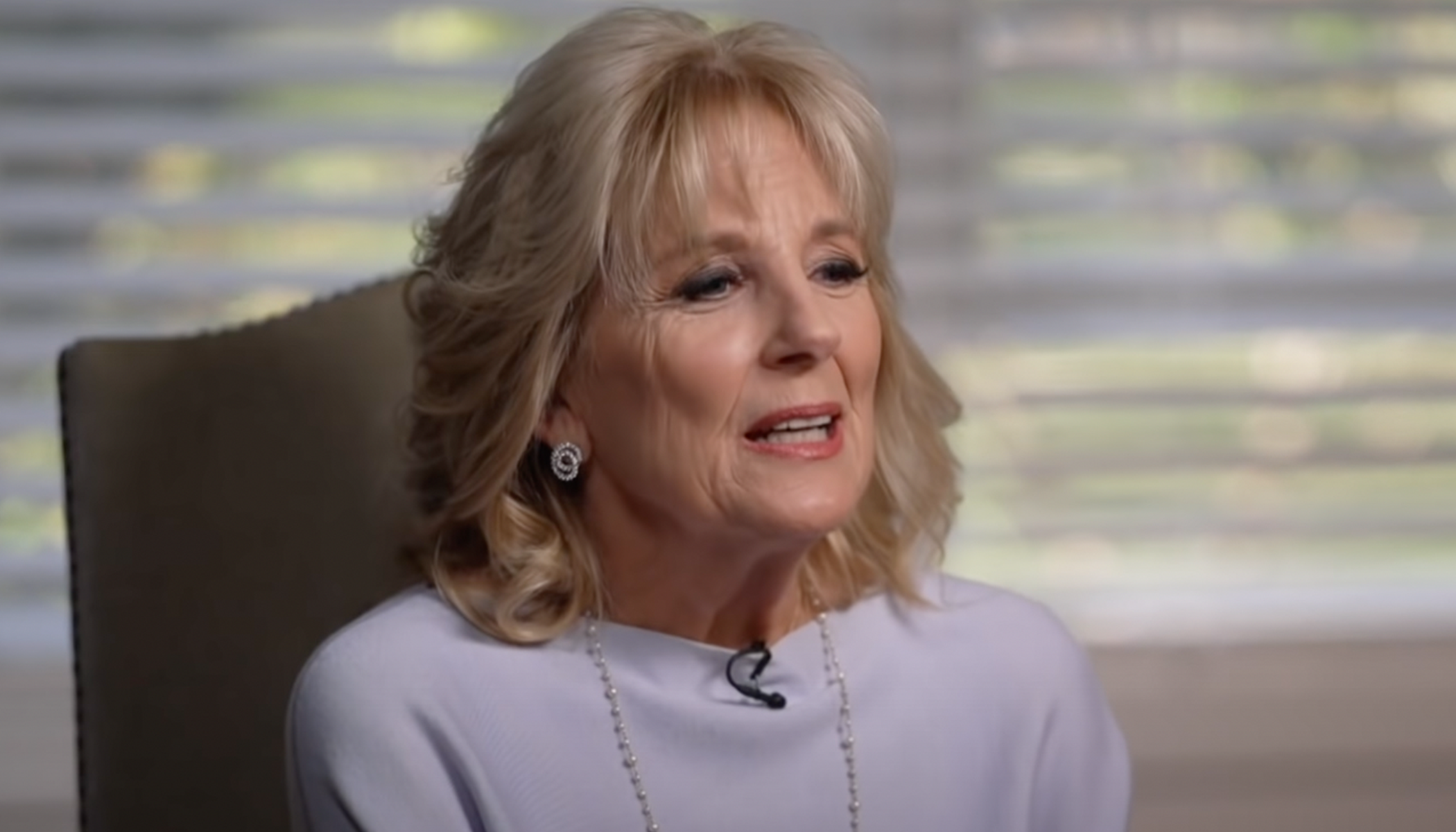Federal judge rules against Trump, says MSPB leader's firing unjustified
In a significant ruling, a federal judge has reinstated Cathy Harris as chairwoman of the Merit Systems Protection Board (MSPB) after deeming her dismissal by President Donald Trump as legally improper.
Harris, a Democrat, was abruptly terminated by Trump from her role as chairwoman of the MSPB on Feb. 10, and the move, challenged as lacking proper justification, has now been judicially reversed, as Fox News reports.
The board chair was appointed by President Joe Biden in 2022 for a 7-year term. Her removal raised questions about presidential power and the legal requirements surrounding the dismissal of agency leaders.
The case drew significantly from a historical Supreme Court precedent set in 1935, highlighting limits on the president's power to discharge certain officials without substantial reason.
Legal and Political Context Examined
Harris argued that her dismissal was unauthorized and lacked cause, citing the Supreme Court's ruling in Humphrey's Executor v. United States.
This ruling is pivotal in understanding the constraints on executive authority over independent agencies. The board she chaired, the MSPB, is integral to ensuring fairness in federal employment practices, emphasizing the significance of her role.
The decision to remove Harris was contested in court, where Judge Rudolph Contreras, nominated by President Barack Obama, evaluated the merits of the case. He noted that federal statutes allow members of the MSPB to be removed solely for inefficiency, neglect, or malfeasance. Contreras' interpretation underscores that none of these criteria were met in Harris's dismissal.
Initially, Judge Contreras issued a temporary restraining order on February 18, permitting Harris to continue her duties while the case was resolved. This provisional relief was crucial in maintaining the operations of the MSPB and underscored the immediate ramifications of the legal fight over her position.
Temporary Relief Prior to Final Decision
The judge's ruling to reinstate Harris carries implications for how executive power is wielded. "Harris has undoubtedly experienced an injury to this independence in her capacity as a member of the MSPB," Judge Contreras remarked, emphasizing the independence necessary for her role.
The Trump administration had appointed Henry Kerner, a Republican, as the acting chair following Harris's removal. This appointment further exacerbated tensions regarding political influence and the MSPB's autonomy.
In court, government attorneys contended that reinstating Harris impeded presidential authority. They argued that Trump's decision was part of his mandate to run the executive branch, a point indicative of the broader debate surrounding executive control over federal agencies.
Arguments from Both Sides
Judge Contreras, however, found these arguments insufficient to justify the termination without demonstrable cause. His decision reflected an adherence to legal constraints governing the tenure of agency leaders, reinforcing precedent over political expediency.
The court found it essential for public interest to uphold these legal limitations, which safeguard the non-partisan nature of bodies like the MSPB. As Judge Contreras noted, it is crucial "to issue injunctive relief" given the statutory protections surrounding Harris's position.
Harris's reinstatement underscores the importance of separation of powers and the safeguards in place for independent agencies. These protections are designed to maintain federal employment integrity and resist undue political pressures.
Long-term Implications of Ruling
The ruling also serves as a reminder of the delicate balance between executive authority and the independence of regulatory bodies.
The court's decision may influence similar future cases, offering a reference point for interpreting the limits of presidential authority.
As the political landscape continues to evolve, this case highlights the enduring relevance of foundational legal principles.
It illustrates how historical precedents can guide contemporary governance and preserve institutional autonomy in governmental structures.






